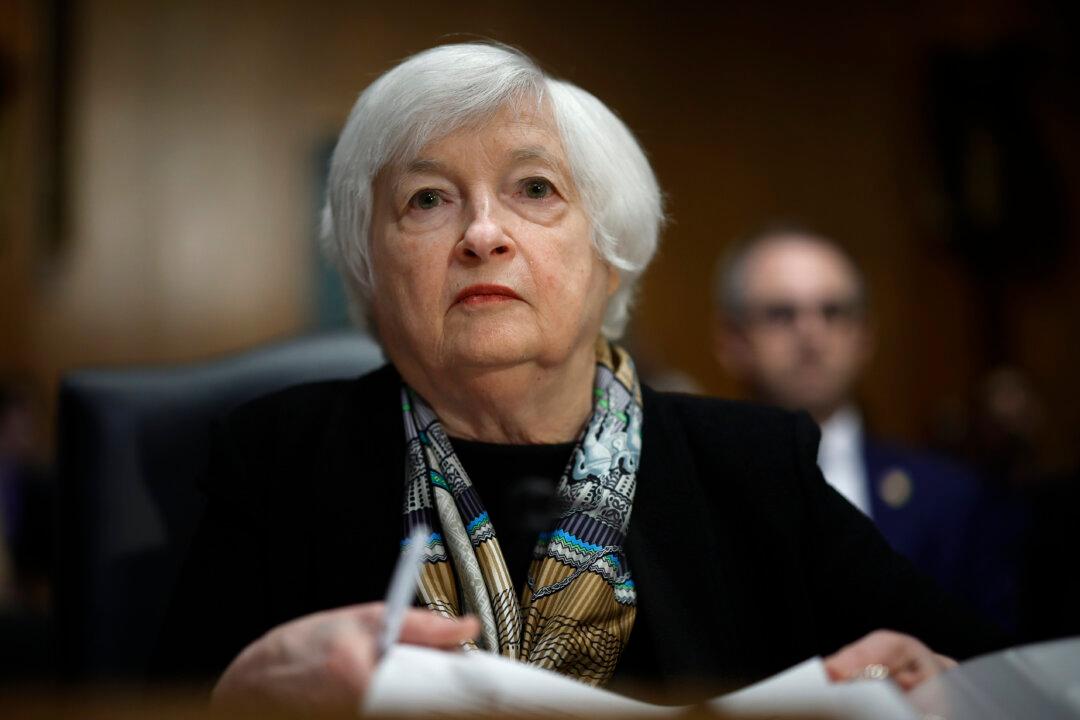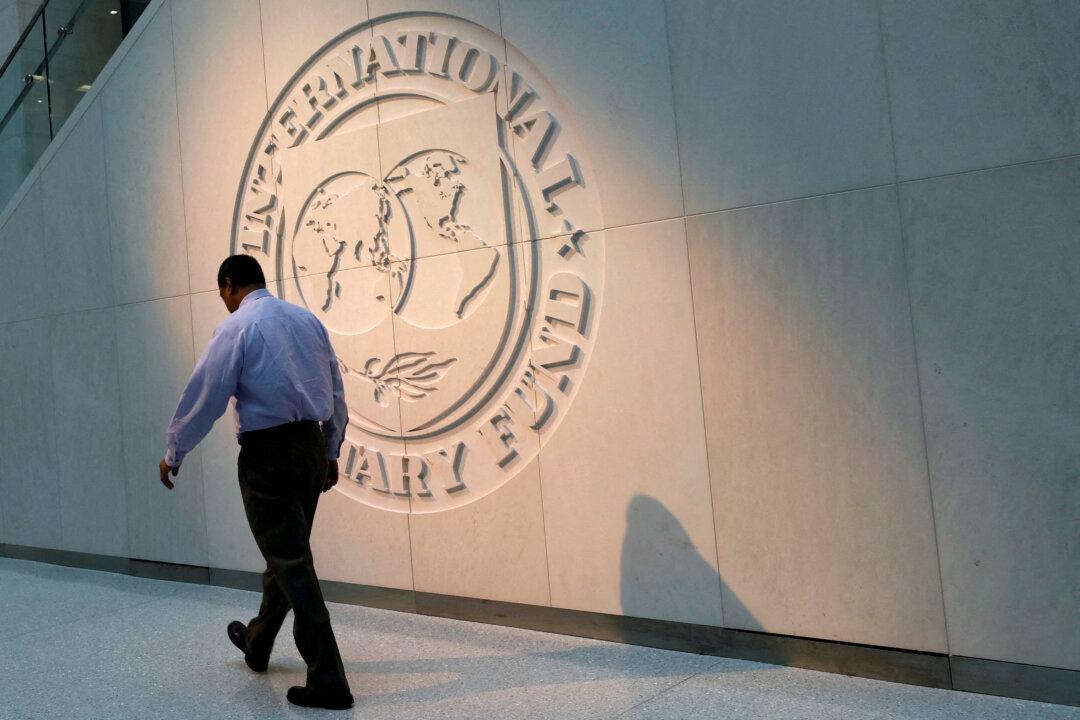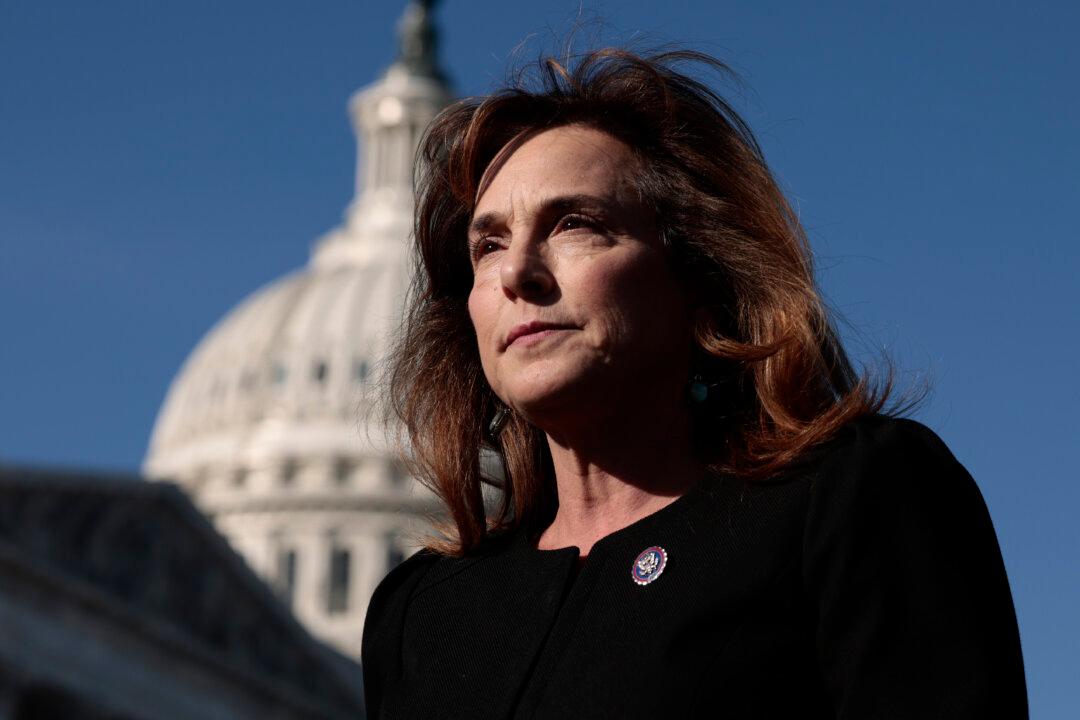First Republic Bank, which has suffered significant losses since the onset of the banking crisis on March 8, saw its stock tank by 15 percent due to market concerns about the fate of the bank’s deposits. The chances of a full deposit insurance program being introduced by the Federal Deposit Insurance Corp. (FDIC) still hang in the balance, as confirmed by Treasury Secretary Janet Yellen on March 22 during a hearing of the U.S. Senate’s Appropriations Subcommittee on Financial Services.
The secretary sent mixed signals to the market, refusing to commit to a blanket bailout while supporting legislative efforts to extend deposit insurance beyond $250,000 per account.




